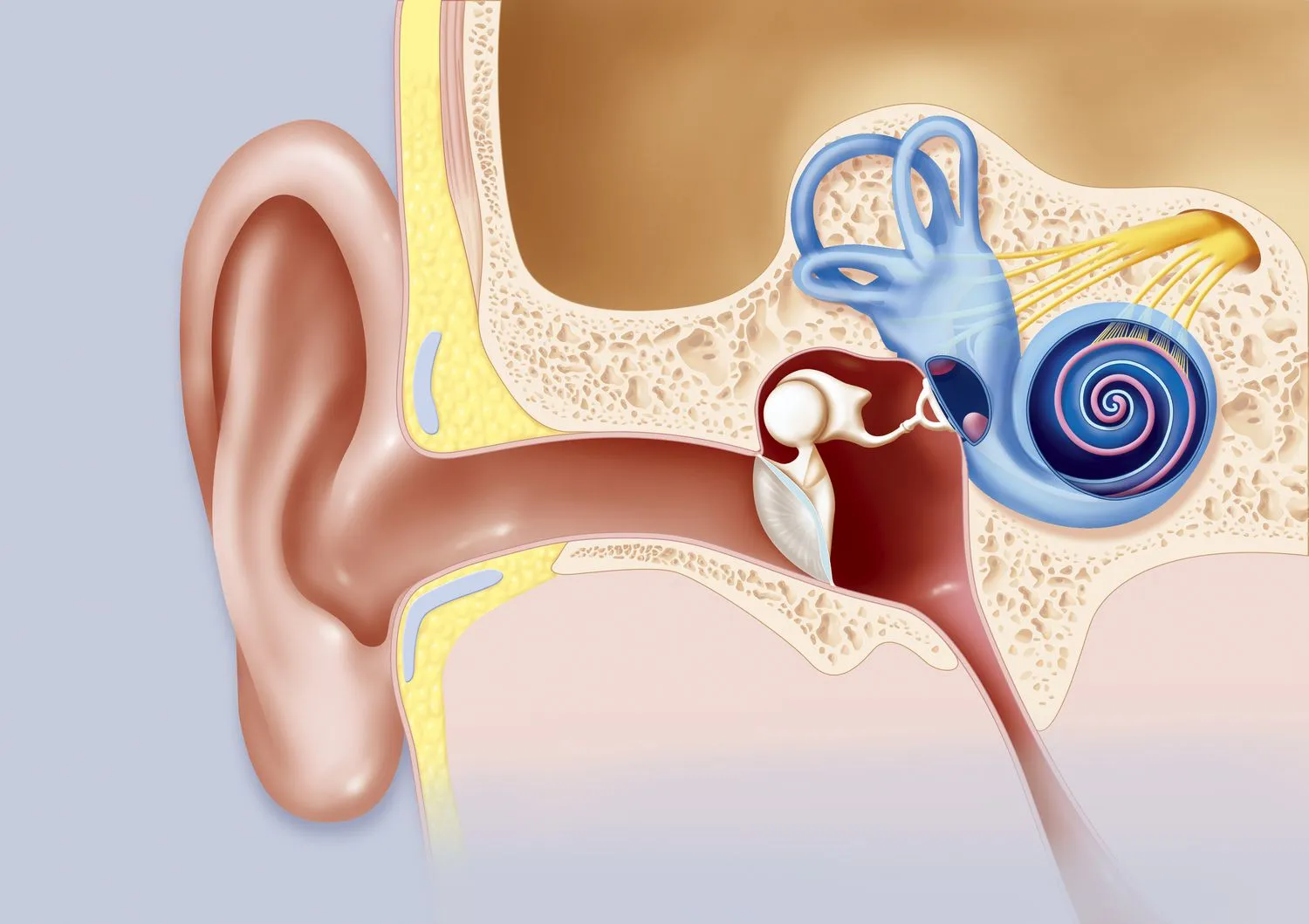Tinnitus, the perception of sound without an external source, can be a challenging condition that affects millions of people worldwide. While there is no cure for tinnitus, there are various strategies that can help manage its impact and provide relief. If you or someone you know is dealing with tinnitus, explore these common approaches to find support and alleviate its symptoms.
1. Understanding Tinnitus:
Tinnitus can manifest as ringing, buzzing, hissing, or other phantom sounds in the ears. It may be caused by various factors, including exposure to loud noises, age-related hearing loss, earwax blockage, or underlying medical conditions. Seeking an evaluation by a healthcare professional is crucial to rule out any underlying causes and receive appropriate guidance.
2. Sound Therapy:
Sound therapy can help mask or distract from the tinnitus sounds, making them less noticeable. White noise machines, fans, or soothing nature sounds can provide relief, especially when used during sleep or quiet moments. Additionally, specialized tinnitus sound therapy devices or smartphone apps offer customized sounds to help manage the condition.
3. Relaxation Techniques:
Stress and anxiety can exacerbate tinnitus symptoms. Incorporating relaxation techniques into your daily routine can help alleviate the psychological impact of tinnitus. Practices such as deep breathing exercises, meditation, yoga, or mindfulness can promote relaxation, reduce stress levels, and enhance overall well-being.
4. Hearing Aids:
If hearing loss accompanies tinnitus, using hearing aids can be beneficial. Hearing aids amplify external sounds, making tinnitus less noticeable. They can also help improve overall communication and reduce the strain of listening, which can contribute to tinnitus-related stress.
5. Avoiding Triggers:
Identifying and avoiding potential triggers can help manage tinnitus. These triggers can vary from person to person but may include exposure to loud noises, caffeine, nicotine, alcohol, and certain medications. Keeping track of personal triggers and minimizing their impact can contribute to symptom relief.
6. Healthy Lifestyle:
Maintaining a healthy lifestyle can indirectly support tinnitus management. Regular exercise, a balanced diet, adequate sleep, and stress reduction techniques can positively impact overall well-being and potentially alleviate tinnitus symptoms.
7. Seeking Support:
Living with tinnitus can be challenging, and seeking support from healthcare professionals, support groups, or online communities can provide valuable guidance and emotional support. Connecting with others who understand your experience can help reduce feelings of isolation and provide insights into coping strategies.
While tinnitus may not have a definitive cure, there are various strategies to manage its impact and find relief. By exploring sound therapy, relaxation techniques, utilizing hearing aids if necessary, avoiding triggers, adopting a healthy lifestyle, and seeking support, individuals with tinnitus can take proactive steps towards minimizing its impact on daily life. Remember, each person's experience with tinnitus is unique, so it's important to consult with healthcare professionals for personalized advice and guidance in managing this condition.
Disclaimer: The information provided in this article is for informational purposes only and should not be considered medical advice. Always consult with a healthcare professional for a proper evaluation and guidance tailored to your specific needs.

